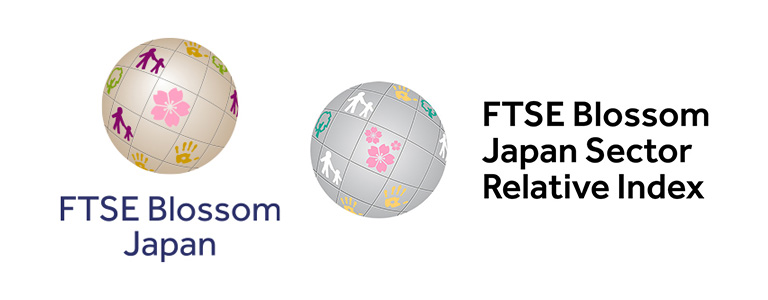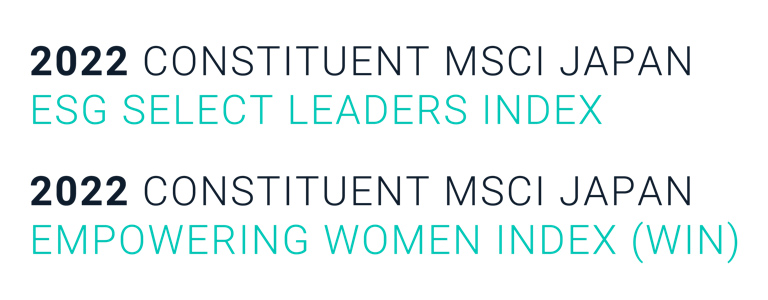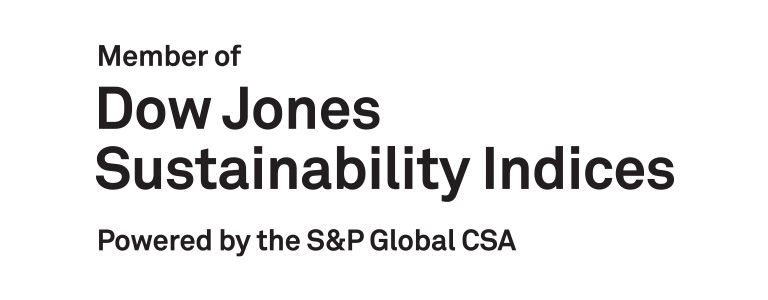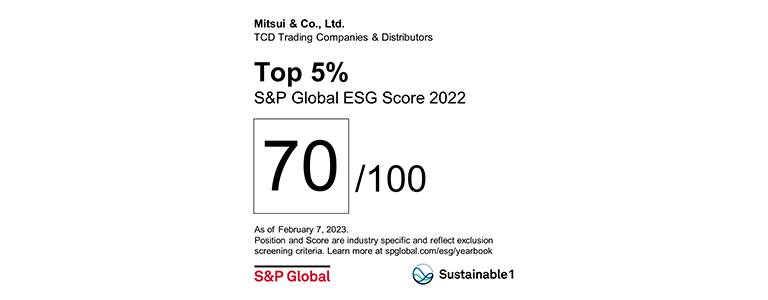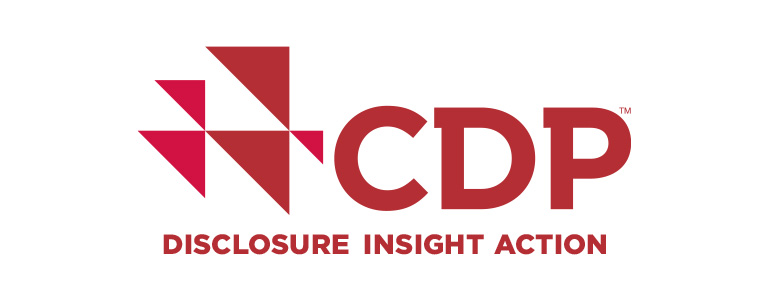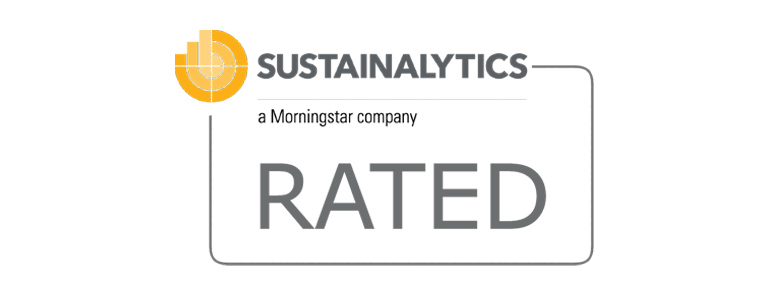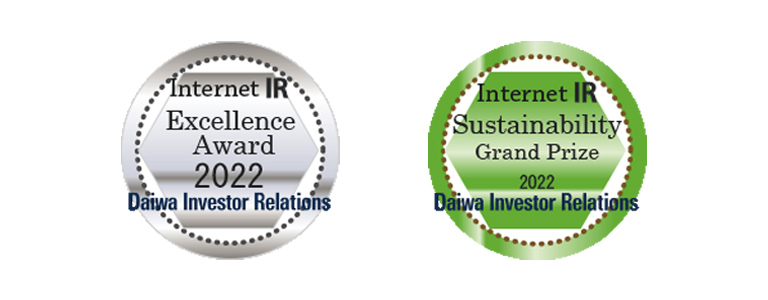Social
Local Communities
Policies and Basic Approach
We have identified "Enhance quality of life" as one of our material issues for our business management (Materiality). We also aim to establish sustainability for both society and our company by contributing to the betterment of living standards and the development of local industries through our business activities and social contribution activities, and by doing so, fostering trust in local communities.
Basic Approach to Local Communities
In the sense of relevance to our business activities as well as our contribution to society, we make efforts to contribute to local communities and revitalize regional economies, while also promoting community investments. Our aims are to encourage investment and regional development, and create employment at the regional level.
Approaches to Local Employment and Procurement
We are building good relationships with the countries and local communities in which we do business and are helping in the sustainable development in local regions. We strive to contribute to the sustainable regional development by revitalizing human resource development, and the local community and economy through local employment and the procurement of local goods and services. In conducting our business in countries and regions around the world, we aim for coexistence and mutual prosperity with local communities through economic contributions such as local employment and local procurement, based on this approach.
Mine Closure Policy
Our policy on mine closure is to comply with laws and regulations and to follow proper procedures according to a plan to minimize impact on the environment and society in adjacent areas.
In our mining activities, we formulate business plans which incorporate future mine closures including sufficient funding and rehabilitation plans. Environmental impact is thoroughly assessed during the project formation stage as well as during mine operation. We also seek reviews from the authorities and relevant experts in order to not only comply with laws and regulations but also to minimize impact on communities and the local environment.
Goals and Targets
- Promote sustainable development that considers local communities through our business in various countries and regions.
- Contribute to the development of national and regional economies in collaboration with project partners, local governments, and local communities.
Sustainability Governance and Oversight
Sustainability Committee
The Sustainability Committee works under the Corporate Management Committee to plan, formulate and provide proposals on basic management policies, business activities, and corporate policies and strategies related to local communities.
The Sustainability Committee is structured so that its activities are appropriately supervised by the Board of Directors, and matters discussed by the Sustainability Committee are regularly discussed and reported to the Corporate Management Committee and the Board of Directors.
| Officer in Charge | Makoto Sato (Representative Director, Senior Executive Managing Officer, Chief Strategy Officer (CSO), Chairperson of the Sustainability Committee) |
|---|---|
| Administrative Office | Corporate Sustainability Div., Corporate Planning & Strategy Div. |
Please refer to the links below for more information on Mitsui's Sustainability Management Framework and the activities of the Sustainability Committee.
Risk Management and Impact Assessment Using an ESG Due Diligence Checklist for Local Communities
When investigating new projects, we place importance not only on the economic side but also on ESG (Environmental, Social, and Governance) aspects. We take into consideration the vitalization of the local communities and economies, the indigenous people, cultural heritages, and other peripheral circumstances and how to respond to these. We use an ESG due diligence checklist that is based on the World Bank Group's IFC Performance Standards that is an international standard for taking environmental and social factors into account. We then thoroughly evaluate the impact and discuss and consider the project. In addition to reviewing new projects and ones we have already withdrawn, we also monitor the business management of investees and strive to contribute to their improvement.
ESG Risk Management: ESG Due Diligence Checklists and the Sustainability Advisory Board
Collaborating with Stakeholders
Collaborating with NGOs/NPOs
Support for the Economic Independence and Greater Productivity of Small-scale Zambian Farms Through Cashew Tree Replanting and Productivity Improvement
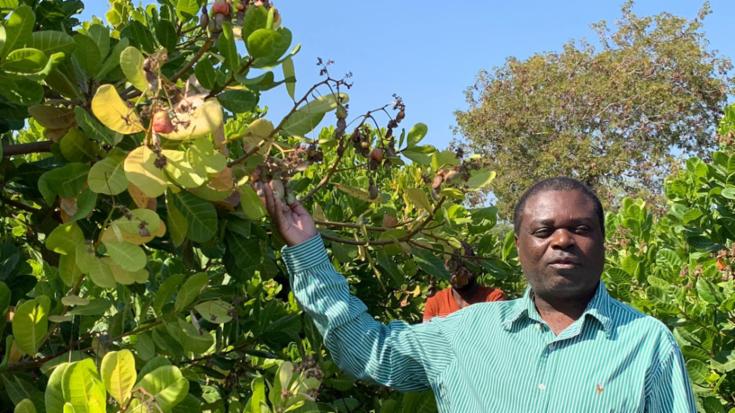
We support the Cashew Revitalization Project being conducted by ETG Farmers Foundation (EFF) in Zambia. EFF is a non-profit organization established in 2013 aiming to improve the productivity and economic independence of small-scale farmers in Africa, and is especially engaged in agricultural technical guidance and other activities in Eastern Africa. In Zambia, one of the EFF activity areas, we made a donation to reforestation and production efficiency improvement activities in cashews in the western region, where the poverty level is high. EFF dispatches experts to 10 project sites to provide guidance on producing cashews for smallholder farmers and also promotes these activities in cooperation with Barotseland University, which is training local agricultural leaders. In this project, comprehensive support will be provided for farming expansion, including the development of next-generation farmers, the dissemination of agricultural knowledge such as disease and pest prevention, the management of agricultural data to improve productivity, and the support for women's farming through the establishment of nursery centers, with the aim of ensuring that cashew production will get on track in the future and that the agricultural management of the entire region will be sustainable.
Initiatives
Initiatives as Part of Business Activities
Efforts to Improve Health and Sanitation for Local Residents in Brazil (Combating Infectious Diseases such as Malaria and Measles)
In the Jirau hydropower generation business in Brazil, under a public-private partnership, the project company has been implementing a social contribution and environmental action program since 2009 with the aim of improving the health and sanitary environment for local residents. Particular emphasis is being placed on measures to combat malaria. While working on building hospitals and basic healthcare facilities and providing mobile floating hospitals (vessels) to secure access to medical examinations and treatment, the project company has implemented healthcare education and seminars for disease prevention. Its contribution to vector control efforts includes donation of extermination materials and research equipment, dispatch of researchers, exterminators, and other experts, distribution of mosquito nets, and implementation of vector propagation monitoring and mist spraying of insecticides. The number of malaria cases in the region was reduced by 90% between 2010 and 2019, which has earned considerable international recognition.
Contributing to the Enhancement of Local Living Standards and Economic Development Through Mini-grid Projects in Non-electrified Regions of India and Africa
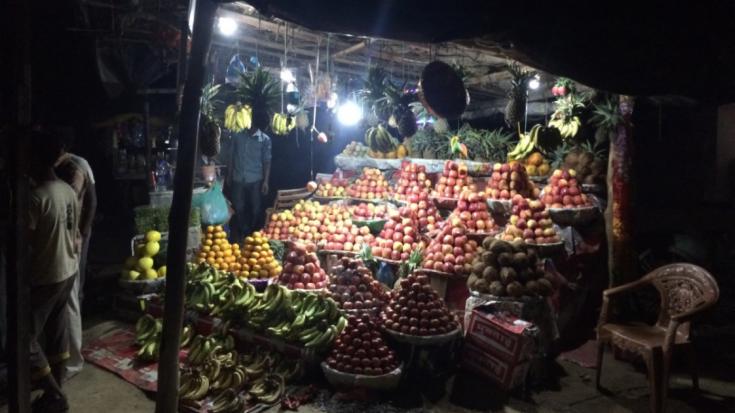
Demand for energy has been growing throughout the world, especially in Asia and Africa, along with the steady economic growth of these regions. The power sector has seen a pronounced trend towards Decarbonization, Decentralization, and Digitalization (the "3 D's"), and a rapid shift is underway towards renewable energy, which is more environment-friendly. Mitsui & Co. is responding to the "3 D's" trend not only through the development of utility scale solar power and wind power projects, but also through the global roll-out of distributed power generation projects that provide service closer to the end-user. Globally, approximately one billion people—mostly in Asia and Africa—have limited access to electricity*, and for India also, this is a major problem. At the same time, mobile phone penetration rates tend to be very high even in the inadequately-electrified regions of India and Africa, making electricity necessary for communication purposes. In 2017, we invested in OMC Power Private Limited (OMC), which is specialized in a business model with a combination of solar power and batteries to implement a distributed electricity generation business in which electricity is produced and consumed locally. With mobile carriers' telecom towers being the anchor customers, OMC supplies reliable electricity to local businesses and communities as well. OMC provides stable and affordable electricity mainly through environment-friendly solar power, as well as enhancing the lives and economic prosperity of rural communities. Currently, OMC operates 280 power generation plants, which supply power to 238 telecom towers, 11,000 local businesses, and approximately 100,000 residents in 15,000 households. We will be working with OMC to deliver electricity to other inadequately-electrified regions.
Rehabilitation Project Following the Closure of a Coal-fired Power Station and its Adjacent Coal Mine in Australia
With the shutting down of the Hazelwood Power Station and mine in Latrobe Valley near Morwell, Victoria, Australia, we have been working since 2017 with our partner ENGIE on the demolition of the office buildings and plant, and the subsequent closure (rehabilitation). In accordance with our mine closure policy, we began preparations prior to implementing the demolition work, evaluating the impact on the environment and local community through expert reviews, and then carrying out the work in accordance with laws, regulations, and permits, and holding regular discussions with stakeholders such as government officials and residents. Moreover, we have created and published a concept master plan for the effective utilization of the site, which will contribute to the development of the region following the closure.
Social Contribution Activities
Beekeeping for the Economic Self-reliance of Indigenous People of the Amazon in Brazil
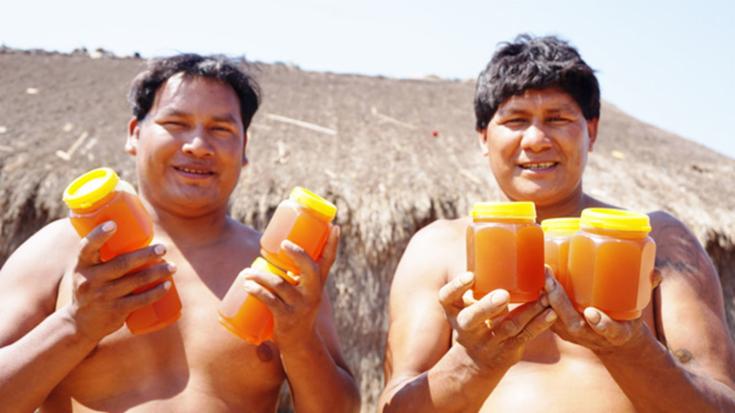
Through our Mitsui & Co. Environment Fund, we support the development of sustainable beekeeping projects that take into consideration the conservation of tropical rainforest in the Amazon River basin where monetized economies are not completely established. By establishing a system for indigenous people to produce, manage and distribute honey, we aim to both ensure their economic independence and protect the environment by protecting tropical rainforests. Through our work to date, a framework for the operation of a beekeeping business has been established, and they will begin sending honey to the market from the fall of 2022. We will continue to support and contribute to the local communities.
Restoring the Cardamon Watershed in Cambodia and Building Sustainable Communities
Tonle Sap Lake in Cambodia is fed from runoff from the extensive surrounding flooded forests. It is an important fishing ground for local communities that depend on fishing and agriculture. However, in recent years the amount of fish has declined due to logging and water pollution from the use of insecticides. Through our Mitsui & Co. Environment Fund, we have set up a system to build up fishery profits on a community basis. We support the international NGO Conservation International that is attempting to ensure both financial stability and environmental conservation of the region's flooded forests.
Social Development Supported by Coffee Production in Villages in West Java, Indonesia
Villages in the mountainous regions of Tangsi Jaya in West Java, Indonesia are located in a coffee-growing region. However, since the suspension of the micro hydropower generation facilities due to a natural disaster, the villages have been unable to process the beans, forcing them to sell them at a low price, resulting in economic hardship. Through our Mitsui & Co. Environment Fund, we are restoring the power generating plant, rebuilding processing facilities that will use the electricity, building new coffee bean drying and storage buildings, creating employment and income for local villages, and helping to reduce CO2 emissions by using renewable energy. At the same time, we are carrying out a regional economic survey and suggesting directions for future development.
The Mitsui & Co. Environment Fund: Social development of Tangsi Jaya hamlet using renewable energy

